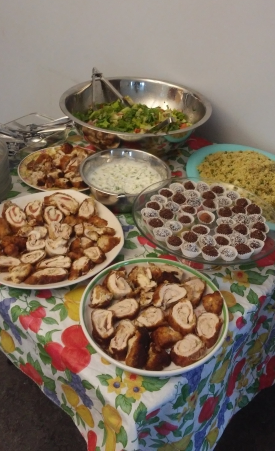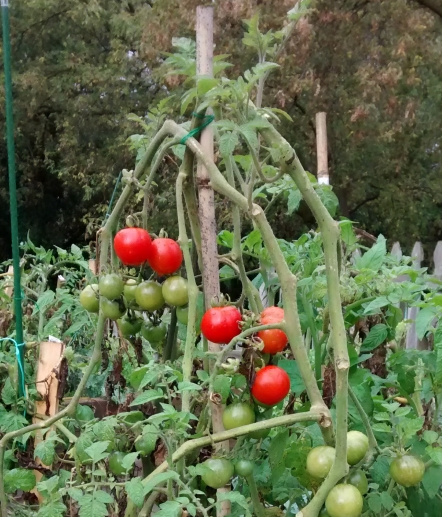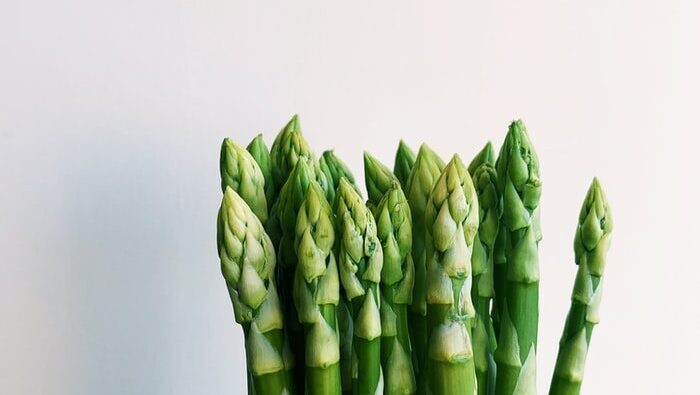3 min read
Written by Rachael Chong

Collaborative Beginnings
The Chandler-Mowat Community Garden exists on the land of the Chandler-Mowat Community Centre. Chandler-Mowat is a high-density neighbourhood with many newcomers, diverse cultures, and lower-income rental units. I conducted interviews with Kathy Elliott, a Volunteer Garden Coordinator, and with Sam Lawrence, an employee of House of Friendship (HoF), which runs engagement programs out of the community centre.
In 2002, Kathy and her husband Tim were the first volunteer Garden Coordinators. The space was divided into 13 plots and 7 nationalities were represented among the gardeners. The families grew culturally-important vegetables and herbs for personal consumption. The gardeners formalized as a community partnership group. They received grants through the Lutheran Church, the Region of Waterloo, and the City of Kitchener. The institutional environment was collaborative. The garden was volunteer-run, received support from HoF, and existed on city land. The city easily gave permission for new projects such as the accessible garden, which included walking paths and elevated gardens that University of Waterloo architecture students helped to design. The Region of Waterloo and its Community Gardens Council were involved in making this connection.
Challenges
In the early years, damage by youth and children in the garden was a bit of an issue – sometimes they might trample through the garden or disrupt the crops in some way.
Access to water for crops was and is still a challenge today. One way gardeners respond to this is by using the wastewater running off of a nearby splashpad. However, authorities at the City believe this practice should be discouraged, citing danger to public health. Water is provided from the municipal tap, but access to the hose is not given to everybody. Instead, it is the volunteer Coordinators’ responsibility to fill up a large water cistern from which others can fill their watering cans. The water tank ran out very quickly and Kathy could not keep up with refilling it regularly. Sam notes this is still an issue today, and that a 2nd water tank might alleviate some of these problems. Kathy dreams of an underground irrigation system that would make use of splashpad wastewater and reduce potential health hazards through natural filtration.
Today, in 2018, there are not enough plots in the community garden for everyone who wants to participate. Sam notes that the food security of many gardeners is tied to the garden.
Healthy Kids Community Challenge
The urban agriculture project now has institutional/educational elements — last year, HoF received a grant from the Healthy Kids Community Challenge to run a children’s gardening program. A children’s garden was planted where they grew produce to process, cook, and eat with the children in the community centre’s kitchen. Parents have loved the program and hope it will be offered again next year.

One family was even inspired to start their own balcony garden.
Sam says damage by kids in the garden has not been a problem, especially since many of their parents are gardeners and they have appreciation and pride in what they grow. They also used the grant funds to plant a pollinator garden earlier in the season. Garden programs for adults morphed into preserving and canning workshops in the kitchen, and these workshops evolved into a weekly cooking club that will hopefully continue again next fall. Sam says that as much as people love gardening, what they really love is food and making friends while cooking together.
Sam and her co-workers learned quickly that this neighbourhood likes to party (as Kathy puts it) and eat good food. Their celebratory Harvest Party was a huge success, with hundreds in attendance and, as usual, the moms of the neighbourhood came and COOKED. (As Ismail Mohamed, resource centre coordinator at Chandler-Mowat Community Centre likes to say).
